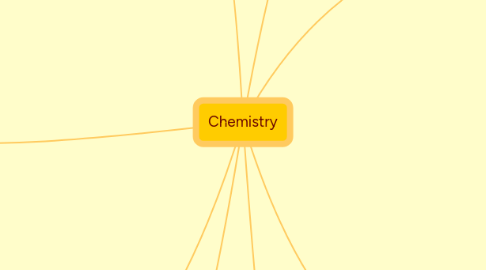Chemistry
da Anusha Kadiyala


1. Chemical Quantities
1.1. The Mole: Measurement of matter
1.2. Mole mass and Mole volume relationships
1.2.1. mol = representative particles/avagadros number
1.2.2. mol = mass/ molar mass
1.2.3. mol = volume/ molar volume
1.3. Percent composition and chemical forumlas
2. Thermodynamics
2.1. First Law of Thermodynamics - Law of conservation of Energy
2.2. Specific heat
2.3. Internal Energy (E)
2.4. delta E = q + w
2.5. Enthalpy (H) - State Change
2.6. delta H = Change in internal energy @constant pressure
2.7. Entropy (S)
3. Chemical Bonding
3.1. Covalent, Ionic & Polar Bonds
3.2. Electronegativity
3.3. Lewis Structures
3.4. Octect Rule
3.5. Molecular Structures - VSEPR Model
4. Solutions
4.1. Solubility of Ionic & Polar Substances
4.2. Molarity
4.3. Moles = Molarity x Volume
4.4. Normality
4.5. Boiling & Freezing Points
5. Equilibrium
5.1. chemical equilibruim
5.2. equilibruim position
5.3. Le chatelier Principle; Changes to Concentration, Volume & Temperature
5.4. Reaction Rate
6. Acids and Bases
6.1. describing acids and bases
6.2. hydrogen ions and acidicity
6.3. acid base theories; Arrhenius Model & Bronsted-Lowry Model
6.4. strenghts of acids and bases
6.5. pH = - log [H+]
6.6. pOH = - log [OH-]
6.7. pH + pOH = 14
6.7.1. [H+][OH-] = 10E-14 at 25C
